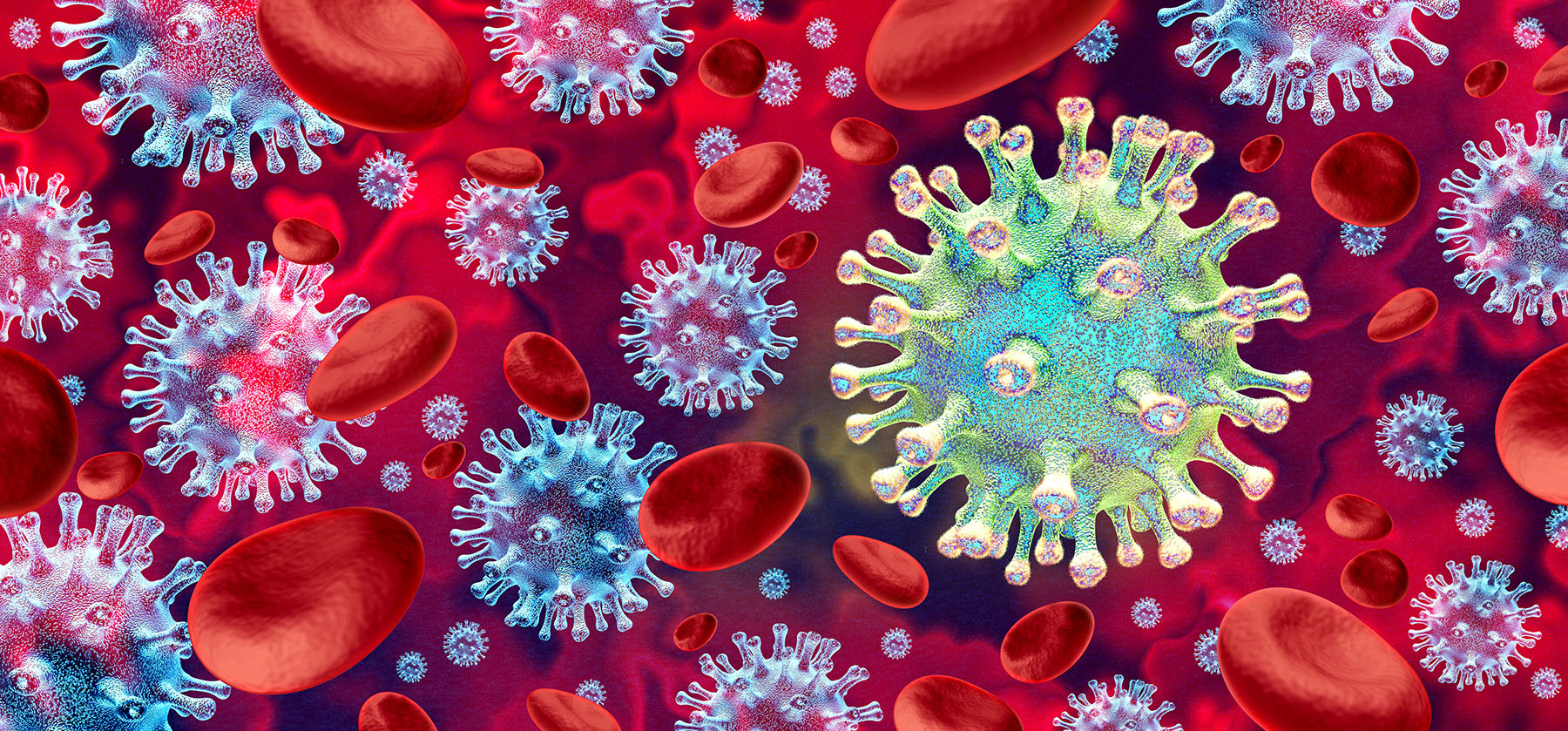Viruses such as SARS-CoV-2 often emerge and disappear, emerge and mutate, or emerge and persist over time, say the experts. Most recently, a new COVID strain was discovered in the UK that has 17 virus mutations (or variants). First detected in September, the new strain doesn’t appear to make people sicker, said officials from the Centers for Disease Control and Prevention (CDC). However, this new strain may spread pathogens 50% to 70% quicker. It’s popped up in 37 countries, including in the U.S. Yet another, separate strain was discovered in South Africa in mid-December and another virus emerged in Nigeria. The good news, says Dr. Anthony Fauci, Director of the National Institute of Allergy and Infectious Diseases, the immune response from the existing vaccines is “very likely” to protect against these new COVID strains too. Comprehensive testing is ongoing and far-reaching.
Moderna’s Edge
In the beginning of December, the FDA granted emergency use authorization to a messenger mRNA COVID-19 vaccine developed by Moderna, in collaboration with scientists from the National Institutes of Health. Unlike the Pfizer vaccine, which was approved first, Moderna vaccines don’t require ultra-cold specialized freezers and can be stored at normal freezer temperatures, allowing for wider (and less expensive) distribution to pharmacies and hospitals.
Moderna has recently bumped its global production estimate from 500 million to 600 million doses, saying it aims to potentially hit one billion doses in 2021. Since its approval, around 18 million doses have been delivered to the U.S. government, while the company supplies Canada, EU, and other countries as well.
AstraZeneca’s Vaccine
Finally, the AZ COVID-19 vaccine has been approved for use in the UK. The company has teamed with Public Health England and National Health Service England to support the rollout and plans to supply millions of doses in the first quarter of 2021. When human study participants were given both doses of the vaccine, several weeks apart, it triggered a protection rate of 90%, in line with success rates from the Moderna and Pfizer vaccines. This inoculation, incidentally, can be stored, transported, and handled at standard refrigerator temperatures.
Stretching Doses
There are several different vaccines in development across the world that are prepared to teach our immune systems how to recognize and fight the SARS-CoV-2 virus. In light of the slow vaccination rollout in the U.S. in the last few weeks, several medical organizations have proposed administering just one single dose to many more people or halving the dosages. While these are all customary questions to ask for the sake of public health, the FDA officials recommend that anyone who receives the Moderna or Pfizer vaccine must get two full doses. A recent FDA public statement said, “…We run a significant risk of placing public health at risk, undermining the historic vaccination efforts to protect the population from COVID-19.”
However, Operation Warp Speed Chief Moncef Slaoui says he is in discussions with Moderna about halving the vaccine’s dosage. Concerning the mRNA-1273, he told CBS, “We know that, for the Moderna vaccine, giving half of the dose to people between the ages of 18 and 55, two doses [at] half the dose…we know it induces identical immune response.” While the company will not make any claims regarding a dosage change, experts will continue to discuss the best possible courses of action.








